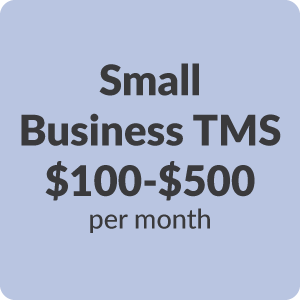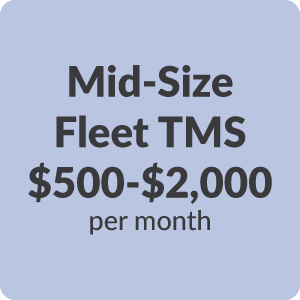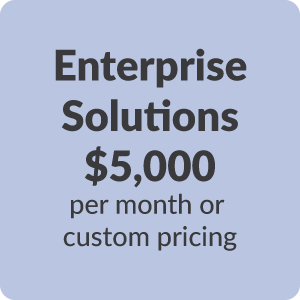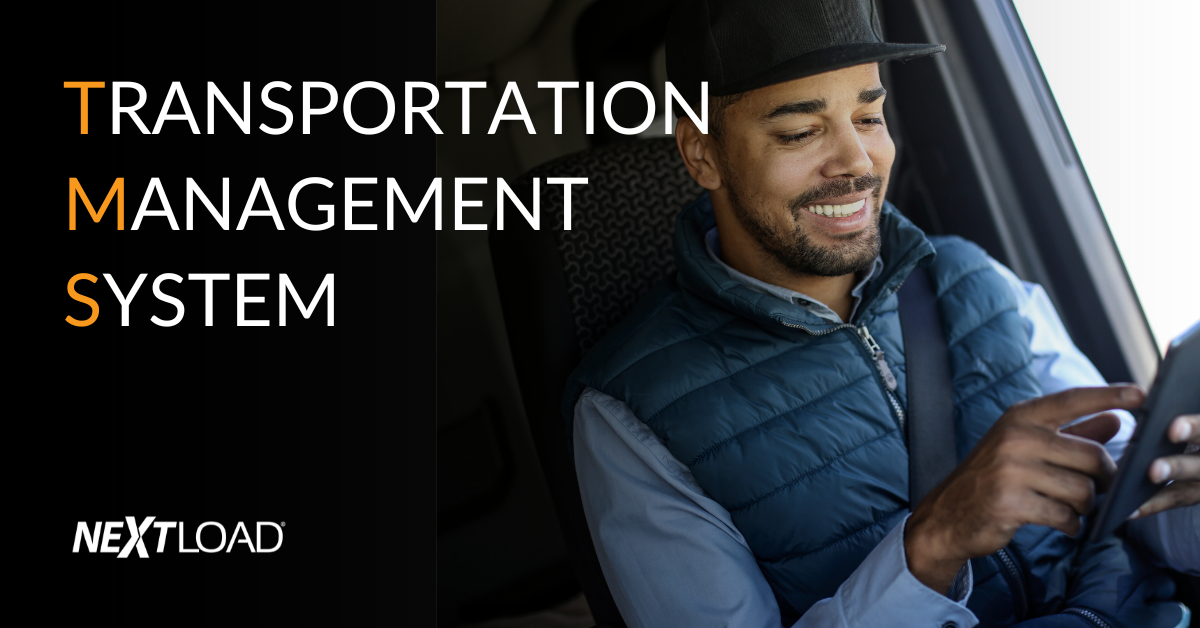Whether you’re running a small fleet or managing logistics for a growing transportation company, choosing the right transportation management system (TMS) can impact your business. A good TMS system helps streamline operations, reduce costs, improve customer service, and give you better visibility across your entire supply chain.
But there are truckloads of transportation management solutions out there, so how do you pick the right one? Let’s break it down to the basics so you can make a smart decision.
What Is a Transportation Management System?
A transportation management system (TMS) is software that helps companies plan, execute, and optimize the physical movement of goods. It’s used by trucking companies, shippers, brokers, logistics providers, and supply chain professionals to manage shipments more efficiently.
Think of TMS software like the control tower of your operations. It helps you keep track of freight, manage routes, schedule deliveries, handle carrier selection, and track key data like fuel usage, costs, and delivery times.
What Does a Transportation Management System Do?
- At its core, a transport management system helps with:
- Route optimization – finding the best routes to save time and fuel.
- Load planning – making sure trucks are filled efficiently.
- Carrier management – selecting and managing the best carriers for each load.
- Freight auditing – checking invoices for accuracy and saving money.
- Real-time tracking – knowing where your freight is at all times.
- Reporting and analytics – getting the insights you need to make smarter decisions.
How Do Transport Management Systems Work?
Transport management systems work by integrating with other systems you already use, such as order management, warehouse management, and GPS tracking. Once everything’s connected, your TMS can automate tasks like dispatching, scheduling, billing, and compliance.
Many TMS systems are cloud-based, so you can access them from anywhere, whether you’re in the office or out on the road. This flexibility is great for fleets of all sizes.
What Is TMS Software?
TMS software is the tool that brings all these functions together. Whether you’re using it to dispatch trucks, calculate delivery costs, or track loads in real-time, TMS software simplifies day-to-day tasks and keeps your operation running smoothly.
How Much Does a Transportation Management System Cost?
The cost of a transportation management system can vary widely. Some systems are designed for enterprise-level operations and come with big price tags. Others are more affordable and made for small to midsize fleets.



Some providers also offer per-transaction pricing, where you pay based on how many loads or shipments you manage. When comparing costs, be sure to factor in setup fees, training, and ongoing support.
Key Features to Look for in a TMS System
When shopping for transportation management software, look for features that align with your needs. Important features to consider include:
- Load and route optimization
- Carrier management
- Real-time shipment tracking
- Freight rate comparison
- Mobile access for drivers
- Automated billing and invoicing
- Regulatory compliance tools
- Integration with your systems (accounting, ELDs)
Factors to Consider When Choosing a Transportation Management Solution
When you’re getting ready to make that big decision and choose a TMS, keep in mind super important factors like scalability and growth, user-friendliness, customer support, integration capabilities, customization, and return on investment (ROI).
Talk to your team, particularly dispatchers, drivers, and operations managers, to find out what they need most. The best transportation management system is one that solves your unique problems.
Ready to make another smart move? Create your NextLOAD account today and start searching for real, TMS-verified loads that fit your business. With NextLOAD, there’s no clutter, just an easy way to find loads. Want more info? Check out the NextLOAD website.

